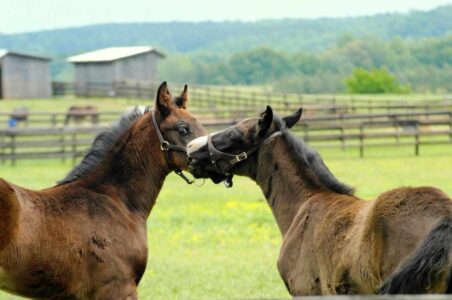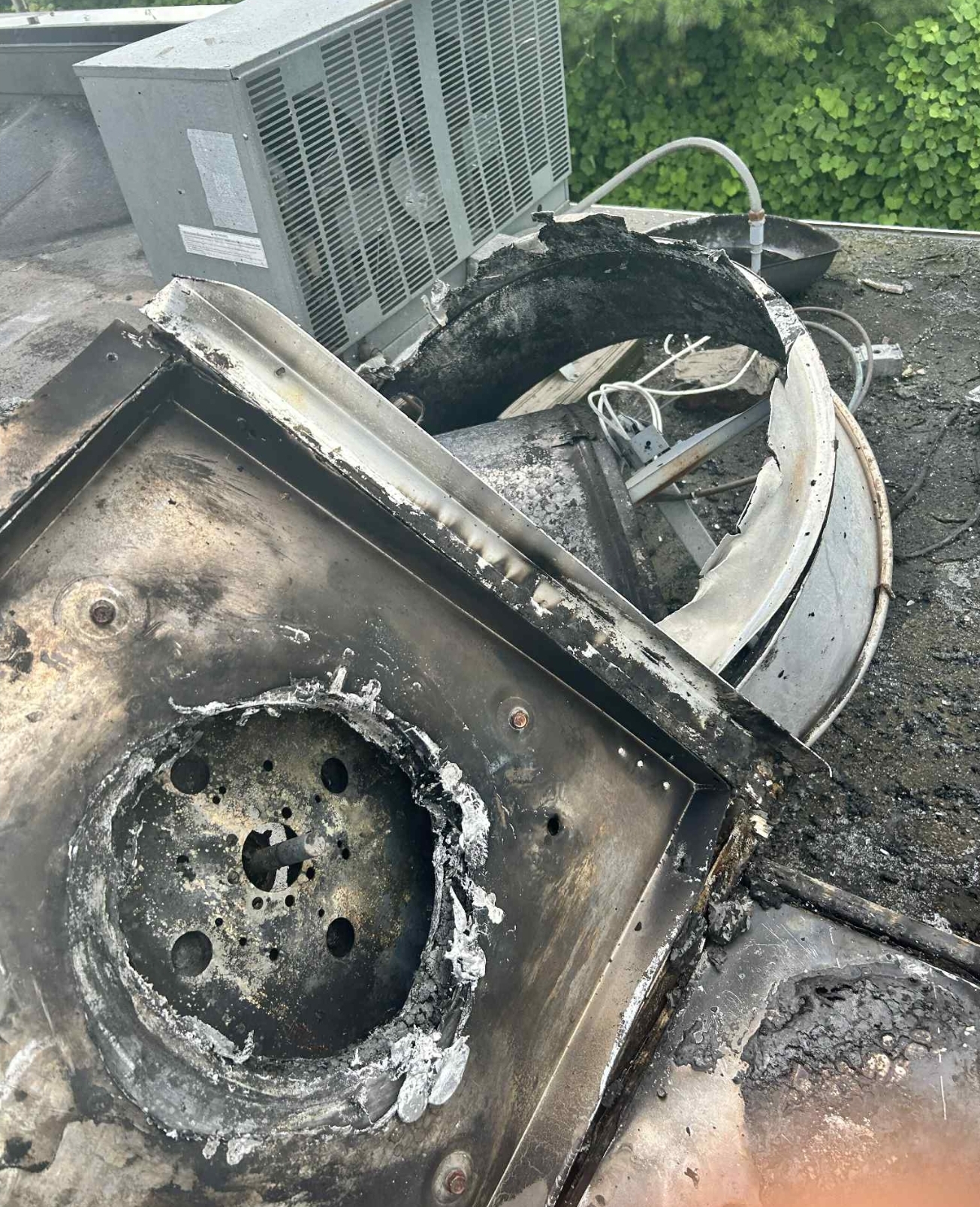Avoiding surprises in a horse farm purchase
Published 11:47 am Tuesday, March 4, 2025
|
Getting your Trinity Audio player ready...
|
In any real estate transaction, it’s essential to know exactly what fixtures and personal property are included in the sale. In most single-family home purchases, the list of conveyed items is typically small and straightforward—usually limited to appliances like a refrigerator, washer, and dryer, along with other obvious, unattached items. When it comes to equestrian properties, determining what stays and what goes requires a sharp eye and careful attention to detail.
While the fixtures and personal property in the home or living quarters will be clearly listed in your purchase contract, a separate document will likely be needed to account for everything on the farm. Unless specifically included in the agreement, expect all tools and farm equipment to leave with the seller, including lawnmowers, hoses, rakes, muck buckets, wheelbarrows, hay, feed, and other essential items too numerous to mention.
After closing, don’t be surprised if your new property looks noticeably barren. You expected this, right? But where are the rubber mats that lined the aisle and stalls of the barn? There were dozens of them, and replacing them could cost several thousand dollars. What happened to the security cameras and fly-spray systems?
Many items that buyers assume will remain often disappear with the seller, including gate panels, portable fencing, feeders, water troughs, stall fans, arena mirrors, jumps, footing equipment, hay storage racks, grain bins, and feeders. If these are essential to your operation, it’s crucial to clarify in writing what will stay before finalizing the purchase. Otherwise, you may face unexpected expenses to replace them.
You may have passed on purchasing the seller’s old tractor, confident in your newer, upgraded models with wider cutting decks. But that confidence might fade when you arrive with your fleet of tractors and a front loader, only to realize there’s no place to park them because the stalls are too small.
To make matters worse, you soon discover that 90% of the entrance gates are too narrow for your equipment. A simple fix? Maybe. But widening gates and driveways could require installing new fence posts, boards, and gates—something best left to a skilled professional, which none of your family members happen to be.
Taking the time to inspect these details before closing can save you from major surprises and costly modifications down the road.
Many real estate brokers follow a common practice of acting as the middleman during negotiations, discouraging direct discussions between buyers and sellers to avoid conflicts, unrealistic promises, and false expectations. However, in horse farm transactions, this rule should be relaxed. Opening a dialogue between both parties can be invaluable.
Why? Because in most cases, your real estate broker will not have extensive knowledge of horse farm operations. This is another reason to work with a broker who has equestrian expertise, preferably a Certified Equestrian Property Specialist (EPS).
A direct conversation with the seller, facilitated by your broker, can uncover important operational insights. For example, who cuts the pastures and fields? How much do they charge per hour, and does that fee include equipment and fuel? In many cases, the seller has a long-standing relationship with someone who cuts the fields for free in exchange for the hay. If you don’t ask, you won’t know.
What about manure management? Is there a designated place on the property where manure can be dumped, or does the seller pay for a removal service? If so, what’s the cost?
Additionally, the seller can provide valuable referrals for local electricians, plumbers, fencing contractors, veterinarians, farriers, and carpenters—connections that can save you time and money.
If you’re a buyer or seller and wish to meet with the other party, do so—but always in the presence of your real estate broker. Make it clear that your questions are essential. While brokers in the equestrian community are committed to serving your needs, many have limited knowledge of farm operations. Your due diligence and direct communication can make the transition into your new farm much smoother.

Buyers of equestrian properties are often surprised to find barns and pastures stripped of essential items like rubber mats, gate panels, and water troughs after closing. Clarifying in writing what stays can prevent unexpected expenses. (Photo by Kirk Gollwitzer)






